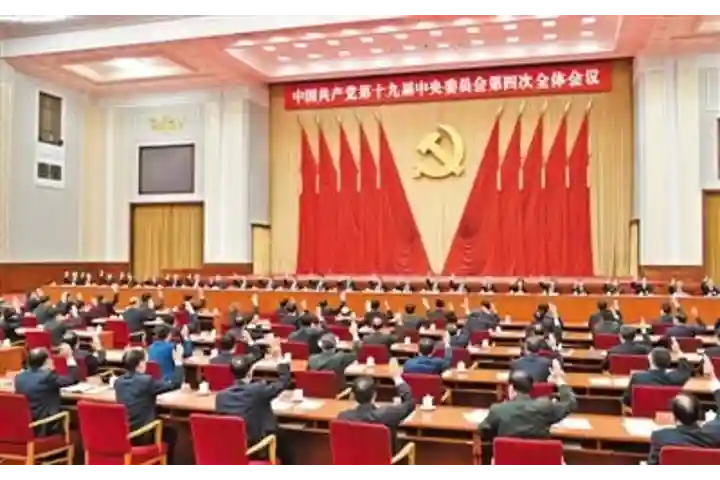China’s below-expectation growth rate of 6.3 per cent in the April-June quarter has rattled the top leaders. The 25-member Politburo, comprising key decision makers of the Communist Party of China finally acknowledged that weak domestic demand, unemployment, operational complexities in several companies along with high risks in key sectors are some of the challenges that Beijing is facing. Many experts have also been surprised with yesterday’s Politburo meeting because of its timing. Between 2017 and 2021, the July Politburo meeting was held either on 30th or 31. Last year, it was held on 28.
This year, the meeting took place on 24th — prompting many to ponder whether the date was advanced due to the economic situation.
A weak demand will be a cause for concern for China, which is making an effort to shift away from investment led growth to a consumption led economic expansion.
For instance, to boost consumption, Beijing is trying to go all out to woo home buyers. The dragon’s famous theory—‘houses are for living, not for speculation’ which has been the highlight in most of the economic guidelines, is missing in the statement released by the Politburo after the meeting. The real estate sector has accounted for about 30 per cent of the country’s GDP. But the property market continues to remain in stress.
While the leaders promised to announce necessary policy measures to support the economy, there is little hope of a big bang stimulus package.
Amid shaky economic recovery in the post pandemic phase with dampened investors sentiment, inflow of foreign direct investment into China has also fallen by 2.7 per cent in the first six months of the year (January to June) to $98 billion. Though the authorities have tried to downplay the fall in FDI, concerns have risen, especially as many multinational companies are aggressively looking at a China plus strategy.
“We believe short-term fluctuations in the numbers will not affect foreign investors’ optimism towards China’s development. The atmosphere for the further expansion of FDI to China has not changed,” South China Morning Post quoted Zhu Bing, director of Mofcom’s Department of Foreign Investment Administration, as saying.
But the newspaper added that this “would raise further questions on how confident foreign investors remain in investing in the world’s second-largest economy in the near future, when Beijing’s post-Covid economy has yet to show a strong sign of recovery.”
In the first quarter of the current year, China’s economy grew by 4.5 per cent compared to the corresponding period of the previous year. China which has projected a 5 per cent growth rate for the full year, has posted a growth rate of 5.5 per cent in the first six months of the current year.
Even as pundits believe that China will manage to touch the projected 5 per cent growth rate, a robust recovery in its exports and real estate sector would be critical. Not just that. China, after a stringent crackdown on its private sector is now trying to rebuild trust with the corporate world. But turning things around may take time for China.
Also read: India and Nepal take first steps to connect New Delhi with Kathmandu stealing march over China




















